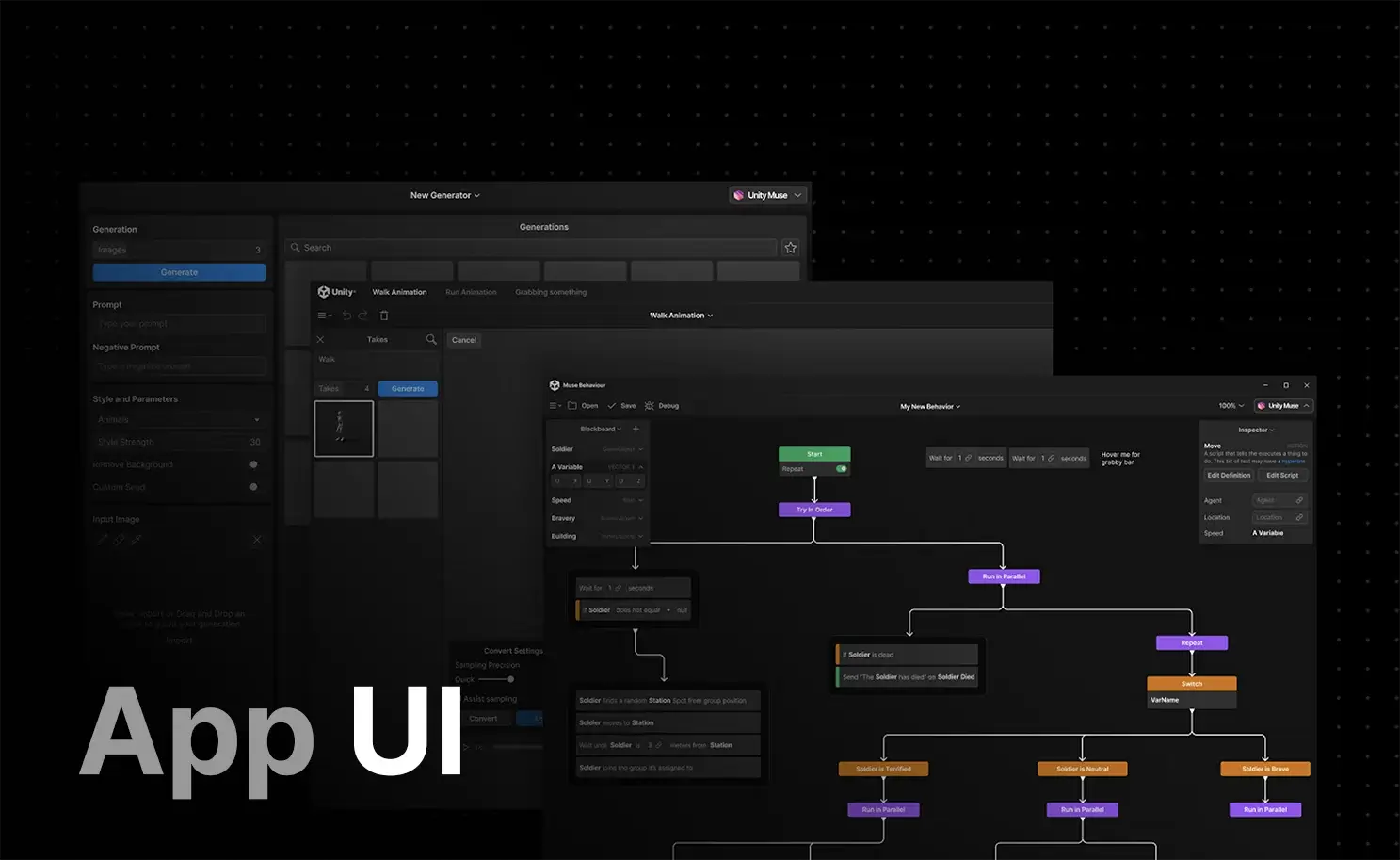Unity: The Leading App-Building Software for Game Developers
Unity is the leading App-building software and one of the most popular app-building platforms in the world. Developers love Unity because it offers powerful tools to create 2D, 3D, and VR applications. Its versatility has made it the go-to software for game development, education, architecture, and beyond. Whether you are a beginner or an experienced developer, Unity delivers everything you need to bring your vision to life.
What Language Does Unity Use?
Unity primarily uses C#, a popular and versatile programming language. C# provides the power and flexibility needed to build complex applications while remaining easy to learn. Beginners appreciate C# for its clear syntax, which helps new developers quickly grasp its fundamentals. Advanced developers benefit from its rich feature set, making C# a perfect fit for Unity’s requirements. Additionally, developers can use JavaScript-like syntax through UnityScript, though C# is the most widely supported and preferred choice.
System Requirements for Unity
To run Unity efficiently, your system needs to meet certain specifications. Unity supports multiple operating systems, including Windows, macOS, and Linux. Below are the recommended specs for each platform:
– Windows: Windows 10 64-bit, Intel Core i5 processor, 8GB of RAM, and DirectX 11-compatible GPU.
– macOS: macOS 10.14 or newer, Intel Core i5, 8GB of RAM, and Metal-capable GPU.
– Linux: Ubuntu 20.04 or newer, AMD64 CPU, 8GB of RAM, and OpenGL-compatible GPU.
While these are the recommended specs, Unity can also run on lower-end systems. However, for the best performance, a robust machine is essential, especially for 3D game development.

Unity’s Popularity Among Developers
Unity dominates the game development industry. Over 50% of all mobile games are built using Unity, including popular titles like Pokémon GO and Monument Valley. Its powerful features and flexibility have made Unity the preferred platform for game developers globally.
Additionally, Unity’s user community continues to grow, offering extensive support and resources for newcomers. Tutorials, forums, and documentation help developers solve problems and improve their skills. Unity also provides an Asset Store, where developers can buy or sell pre-made assets, saving time and boosting productivity.
Why Choose Unity for App Development?
Unity’s ease of use and flexibility make it an excellent choice for various types of apps. Whether you want to build a simple mobile game or a high-end VR experience, Unity has the tools and capabilities to make it happen. Here are some reasons why developers choose Unity:
1. Cross-Platform Development: Unity supports over 25 platforms, including iOS, Android, Windows, and PlayStation.
2. High Performance: Unity’s optimization tools ensure apps run smoothly on all devices, from low-end smartphones to high-end gaming consoles.
3. Rich Asset Store: The Unity Asset Store offers countless pre-built assets, from 3D models to sound effects, speeding up development.
4. VR and AR Ready: Unity’s native support for VR and AR platforms like Oculus and HoloLens makes it perfect for immersive apps.
Transitioning to Unity: Easy for Beginners
Developers with limited experience often wonder if Unity is the right choice for them. The answer is yes! Unity provides excellent learning resources, such as:
– Unity Learn: Unity offers free and paid tutorials for beginners and experienced developers.
– Documentation: Unity’s detailed documentation helps developers understand every feature in-depth.
– Community: Unity’s forums and developer community allow users to share knowledge and solve issues together.
Unity’s accessible learning curve makes it ideal for beginners, while its advanced tools ensure that experienced developers can create professional-level apps. With C# as the main programming language, the transition to Unity is smooth for anyone familiar with coding.
Unity vs. Other Game Development Platforms
Unity stands out against other game development platforms like Unreal Engine and Godot. While Unreal Engine is renowned for high-end graphics, Unity offers unmatched flexibility across different project types. Unity excels in both 2D and 3D development, while Unreal Engine tends to focus more on 3D. Godot, another competitor, is open-source but lacks the extensive features and support that Unity offers.
Unity’s cross-platform capabilities also set it apart. Developers can build an app once and deploy it across multiple platforms, including mobile, PC, consoles, and VR devices. This cross-platform support saves time and broadens the app’s reach.
Unity, leading App-building software, remains the top choice for app-building software, whether you’re developing games, VR experiences, or mobile apps. Its use of C# makes it approachable for beginners, while its advanced tools appeal to experienced developers. With support for multiple platforms, an extensive asset store, and a large community, Unity continues to lead the app development world.
If you’re looking to dive into game or app development, Unity should be at the top of your list. Its versatility, ease of use, and powerful features provide everything needed to create amazing apps. So why wait? Start building your next app with Unity today!








